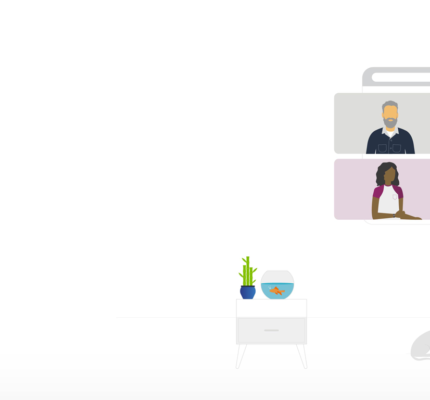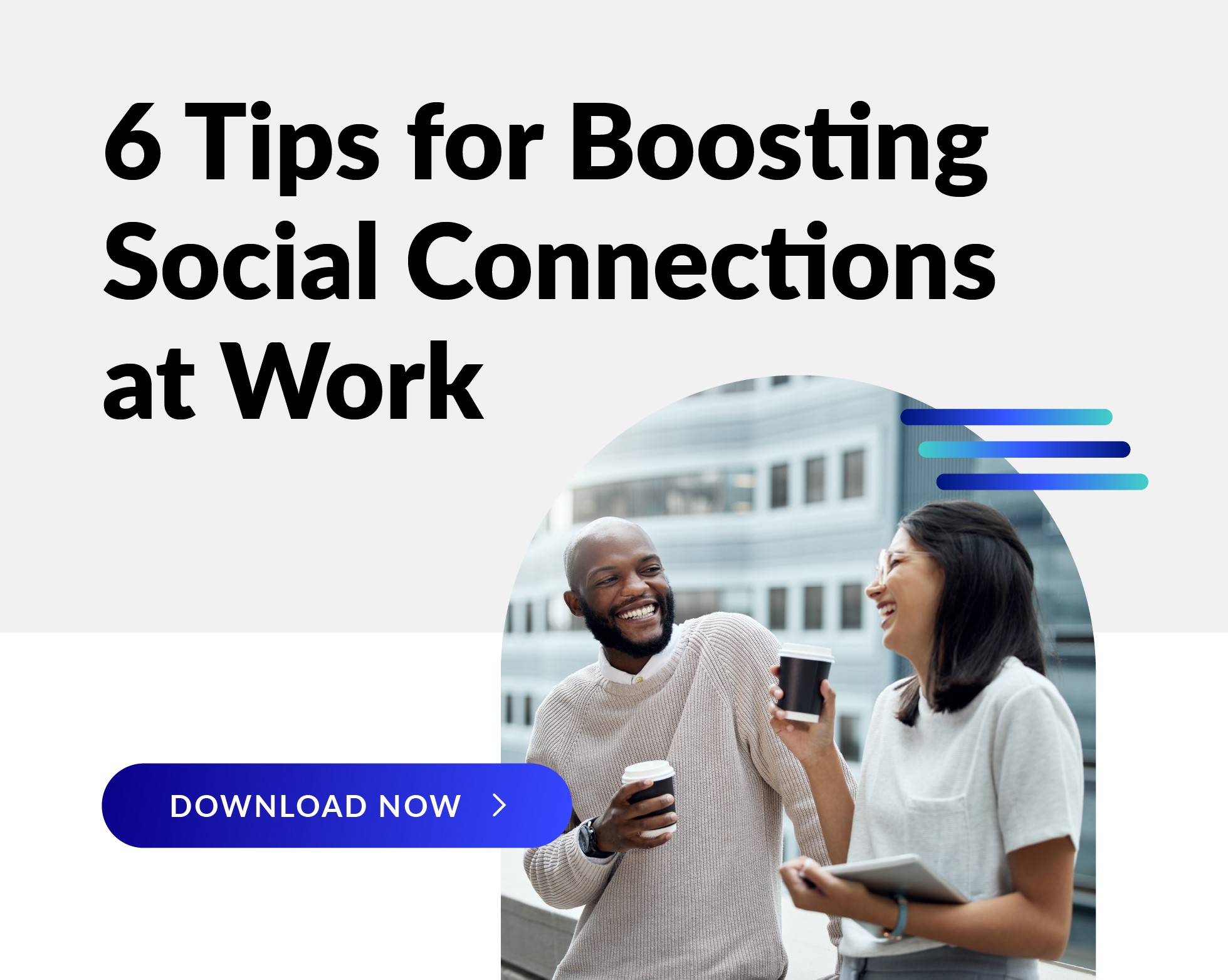Join our panel discussion featuring WebMD’s Chief Medical Officer and our VP of Client Success who share two unique perspectives on how people are impacted by stress and anxiety and the different strategies for supporting them.
On-Demand Webinar
Employee Mental Health - Whose Responsibility Is It?
In a recent survey, more than 90% of respondents said they have expanded programs to support different facets of mental health. But is it enough?
Watch NowTop reasons to tune in:
Explore how employers can advocate for employees’ mental health.
Understand roles for addressing emotional health in the workplace.
Learn how to help employees in a hybrid or virtual working environment.
Discover how to empower leaders to support new stressors employees face as return to office initiatives are underway.





